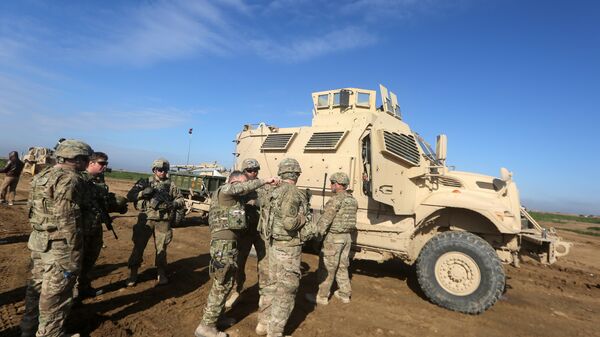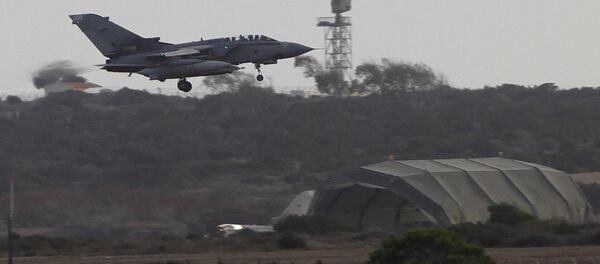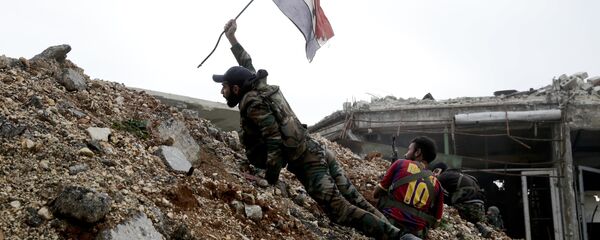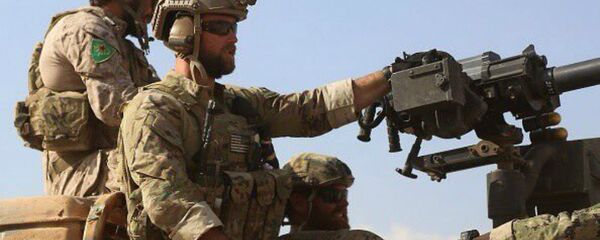One senior US military official told Military.com that Syria’s People Protection Units (YPG) are "the horse we're riding to Raqqa" While battling Daesh militants, YPG is also facing possible attacks from Turkish forces, who arrived in Syria in August to clear borders and block YPG attempts at establishing a sovereign Kurdish area in the region.
Turkey’s behavior caused the US to cut air support to Ankara forces inside of Syria, amidst fears of clashes between the two nations, alongside concerns that Syrian President Bashar Al-Assad would send resources north — with help from Moscow.
The senior US official indicated that, more than Daesh, "[YPG’s] biggest concern is the Turks behind them" adding that Ankara "hate[s] who we're working with."
In early July, Turkish President Erdogan called Assad "a more advanced terrorist than a terrorist from the PYD or the YPG…He is a more advanced terrorist than Daesh."
Ankara has called the YPG a terrorist organization due to its affiliation with Turkey’s Kurdish population. Turkey blames Daesh for a June attack on Istanbul’s Ataturk Airport, indicating that Erdogan is making a serious accusation.
During a news conference in Abu Dhabi on Monday, Russia’s upper house chair Valentina Matviyenko told reporters that Washington’s concerns are unfounded.
"There has been no discussion about the possibility of the Russian Federation’s participation in a ground operation in Syria. We have stated this from the very beginning," she said, according to RT. "Our task is not to launch a ground operation on Syrian territory, but to render assistance through our Aerospace Forces in the fight against terrorists, together with the Syrian military. We are interested in this because, by supporting the Syrian people and fighting terrorists, we will make our homeland more secure."
A changing of the guard in Washington is also leaving the US military with policy questions. The unnamed official speculated on policy changes, asking, "Is it still a policy objective to remove Assad?"
US Defense Secretary Ashton Carter’s announcement of additional troops to join the fight against Daesh is thought to be his last major policy move, as President-elect Trump has named General James Mattis as Carter’s replacement.
Explaining the US presence in Syria, Carter said during a Saturday press conference in Bahrain, "By combining our capabilities with those of our local partners, we've been squeezing ISIL by applying simultaneous pressure from all sides and across domains, through a series of deliberate actions to continue to build momentum."





